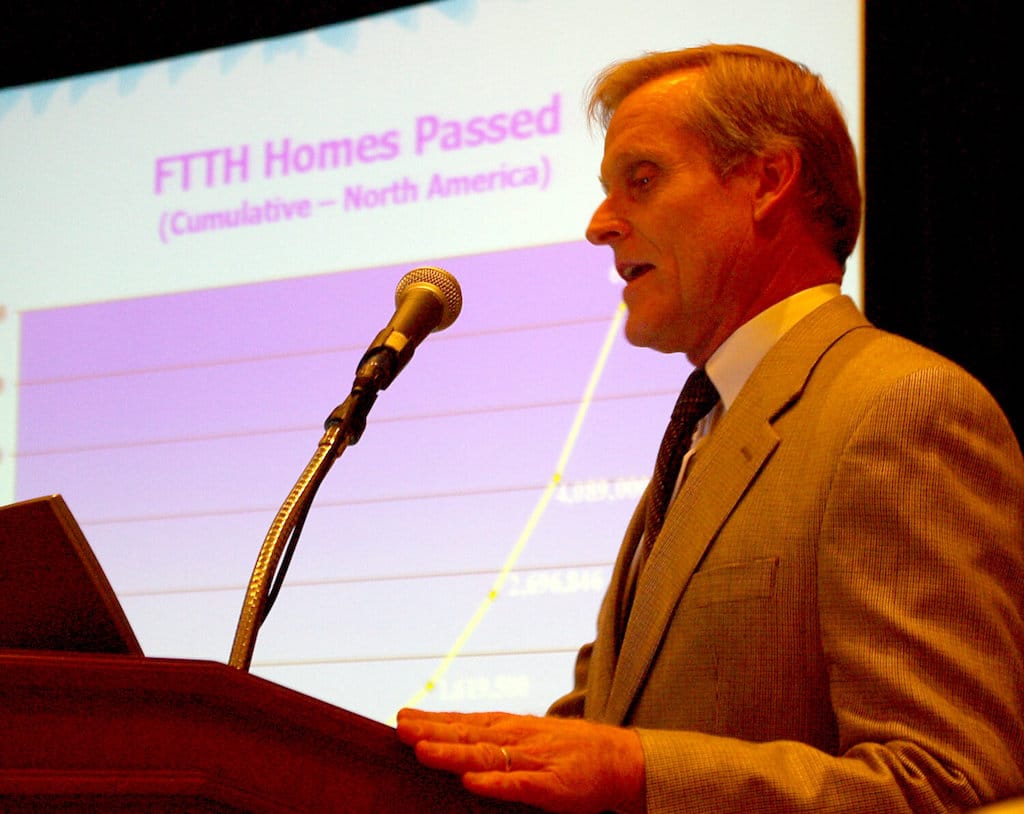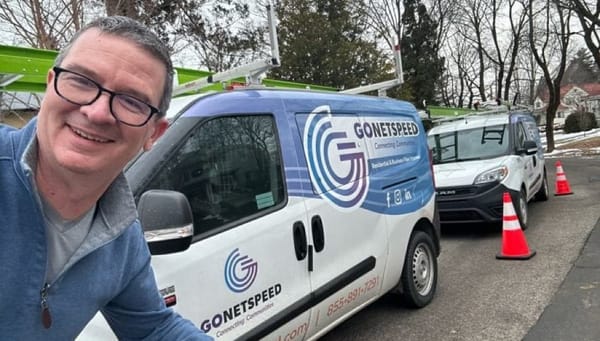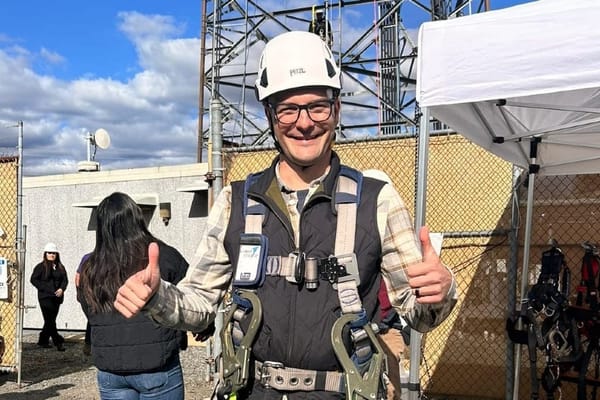Report: Fiber Better for Low-Income Workers and Cheaper Per Megabit, Too
Fiber to the home costs $0.52 per Megabit per second, on average.
David B. McGarry

September 1, 2022 – Fiber is the best broadband technology for low-income, working-age individuals, according to a new report from the research and consulting firm RVA LLC and the Fiber Broadband Association.
Highlights of the report’s findings were presented at a Wednesday Fiber for Breakfast session. A key finding is that users reported far great satisfaction with fiber than with competing technologies cable, DSL, and wireless.
Why do the authors believe fiber such a difference-maker? On average, fiber to the home costs only $0.52 per Megabit per second (Mbps), in a blended rate including the upload and download cost.
The runner-up is cable – costing $0.88 per Mbps – while last-place DSL costs $5.71 per Mbps.
It’s not just about price, however. On average, the report says, fiber’s upload speed is almost five times higher the next-best competitor, cable. Fiber also leads significantly in average download speed.
The “Economic Impacts of Fiber” section of the report examined the choices of individuals ages 25–65 making under $60,000 per year.
Users are more than 33 percent more likely to spend time working from home if they have the option than are users of other types of internet, the report said. Fiber to the home users are more than 33 percent more likely to work an information technology job than their counterparts and are marginally more likely to run home-based businesses: 23.3 percent of FTTH users to 20.7 percent of other users.
“Fiber is enabling people to move into [information-technology] jobs,” said Michael Render, CEO of RVA, at the event.
Respondents who moved to a rural area disproportionately chose to live in locations with FTTH coverage. Fiber users were far more likely to report having “good access” to health care and educational resources, as well.
The report also details fiber’s impact on communities in which it is deployed. Westfield, Mass., for instance, annually gained more than $88 million in job-related benefits after the city installed a fiber network. An installation in Grant County, Washington, attracted data center service providers, netting hundreds of millions in tax revenue since 2018.







